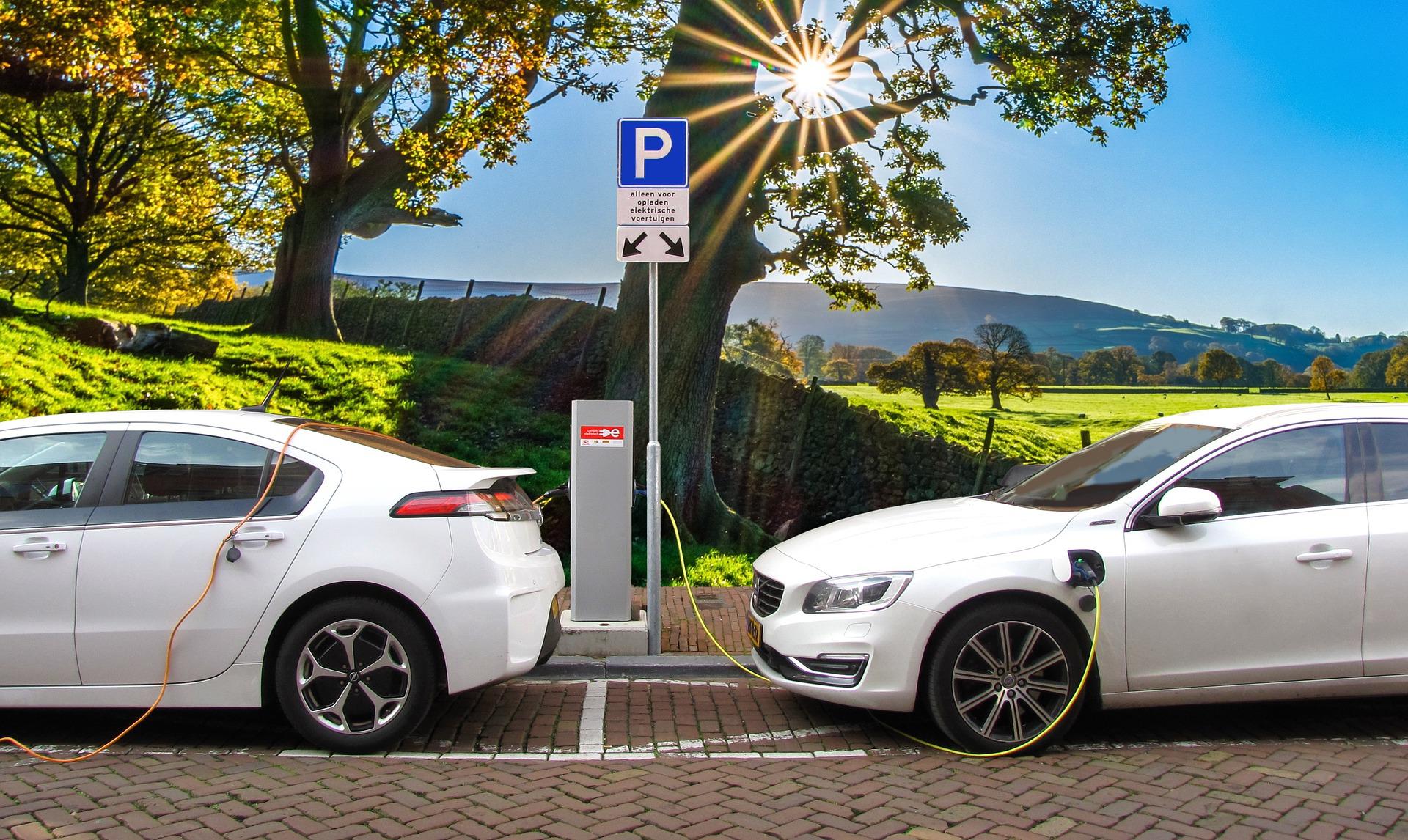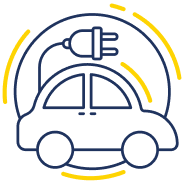Digital technologies must drive the transformation of the mobility and transportation model towards a more sustainable, innovative, and efficient model, complying with the decarbonization and air quality objectives assumed internationally. To this end, action must be taken in several areas:
- Promote the digital transformation of public transport as an efficient alternative to the private vehicle.
- Optimizing the transport system through digitalization.
- Accelerate the penetration of zero-emission mobility.
- To digitally empower transport professionals.
Active mobility solutions (walking, cycling) and public transport are the most environmentally, economically, and socially sustainable transport options. Therefore, it is necessary to boost their use and development, so that these solutions become more attractive to potential users.
Along with this, the digital transformation of the transport system (including freight transport) will facilitate modal integration, service optimization, and improved traffic management, resulting in greater competitiveness and sustainability.
The development of digital technologies also has a great potential to transform the automotive industry, enabling the transition to new, more sustainable business models and a collaborative and interdependent ecosystem between traditional agents, manufacturers and suppliers, and collateral sectors.
These major digital transformation processes cannot be carried out without industry professionals who are aware of the technologies and systems available on the market in terms of digitalization. For the public administration and private companies in the transport sector to lead this process by improving their efficiency and competitiveness, it is necessary for their workers to have the necessary training.


Objectives
Actions
The transformation of the public transport system will be encouraged to make it more attractive to potential users. To this end, the design and implementation of low-emission zones will be supported, active mobility will be promoted, and actions will be undertaken to digitalize railway stations, commuter services and other public transport systems.

The digital transformation of the transport system (including freight transport) will facilitate modal integration, service optimization, and improved traffic management, resulting in greater competitiveness and sustainability. Through the use of digital technologies, reliable, quality, data will be available in real time, and in an open and accessible form for the different modes of transport (schedules, fares, routes, incidents, etc.), allowing for greater economic and environmental efficiency.

Para lograr posicionar a España como pieza clave en el contexto europeo y mundial en la nueva industria de la movilidad, se completarán las actuaciones previstas en el PERTE del Vehículo Eléctrico y Conectado, dotado con una inversión total de más de 24.000 millones de euros en el periodo 2021-2023, con una contribución del sector público de 4.295 millones de euros y una inversión privada de 19.714 millones de euros.

